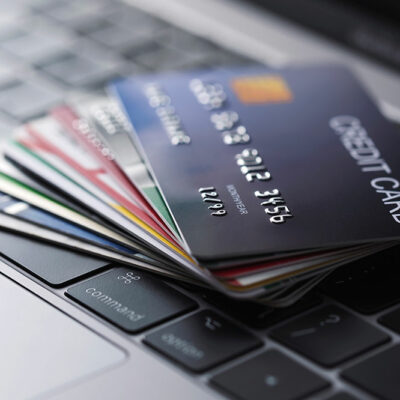
5 trusted websites to make money online
Making money online has never been easier! The ever-expanding online world is swamped with legit opportunities that’ll help add some extra bucks to your bank from the comfort of your home. And, the best part is that you don’t always need to have certain skills or qualifications to earn money. Don’t believe us? We’ve compiled a list of trustworthy websites that can help you make money online. Try them! Swagbucks If you have a hard time trusting online survey sites, you likely haven’t tried Swagbucks. It is one of the most popular and legitimate websites that will pay you for everything from filling out surveys to watching videos to shopping online. You will receive your earnings in the form of gift cards from top retailers like Amazon and Walmart or cash back from PayPal. Upwork Interested in taking up some freelance work? Consider creating an account on Upwork. It’s the world’s largest online marketplace to find great clients and grow your independent career. Regardless of what skill you have, be it writing, video editing, software development, graphic designing, or marketing, you can find work in no time. ThredUp If you’re looking for motivation to clean up your closet, then check out ThredUp.
Read Article 









